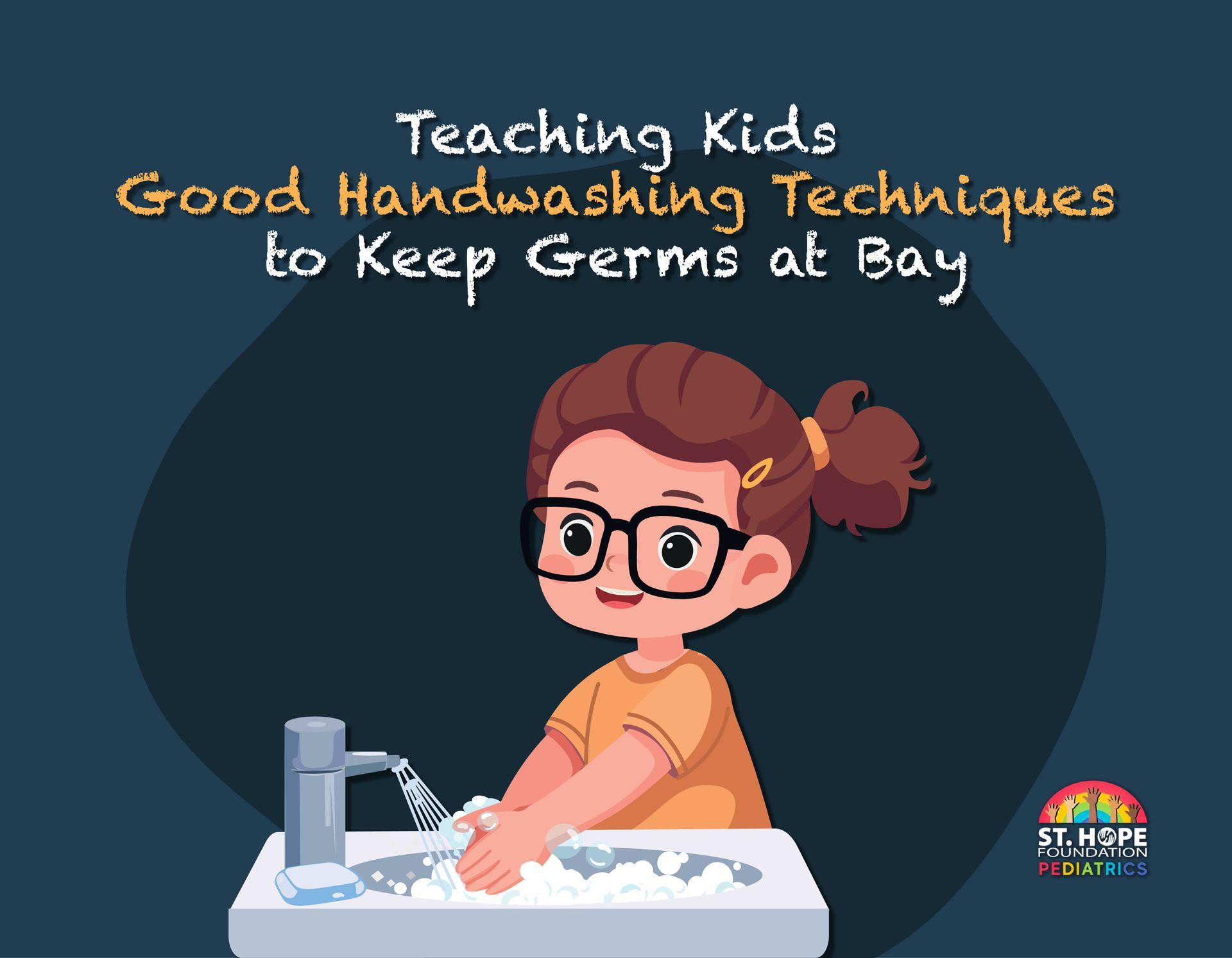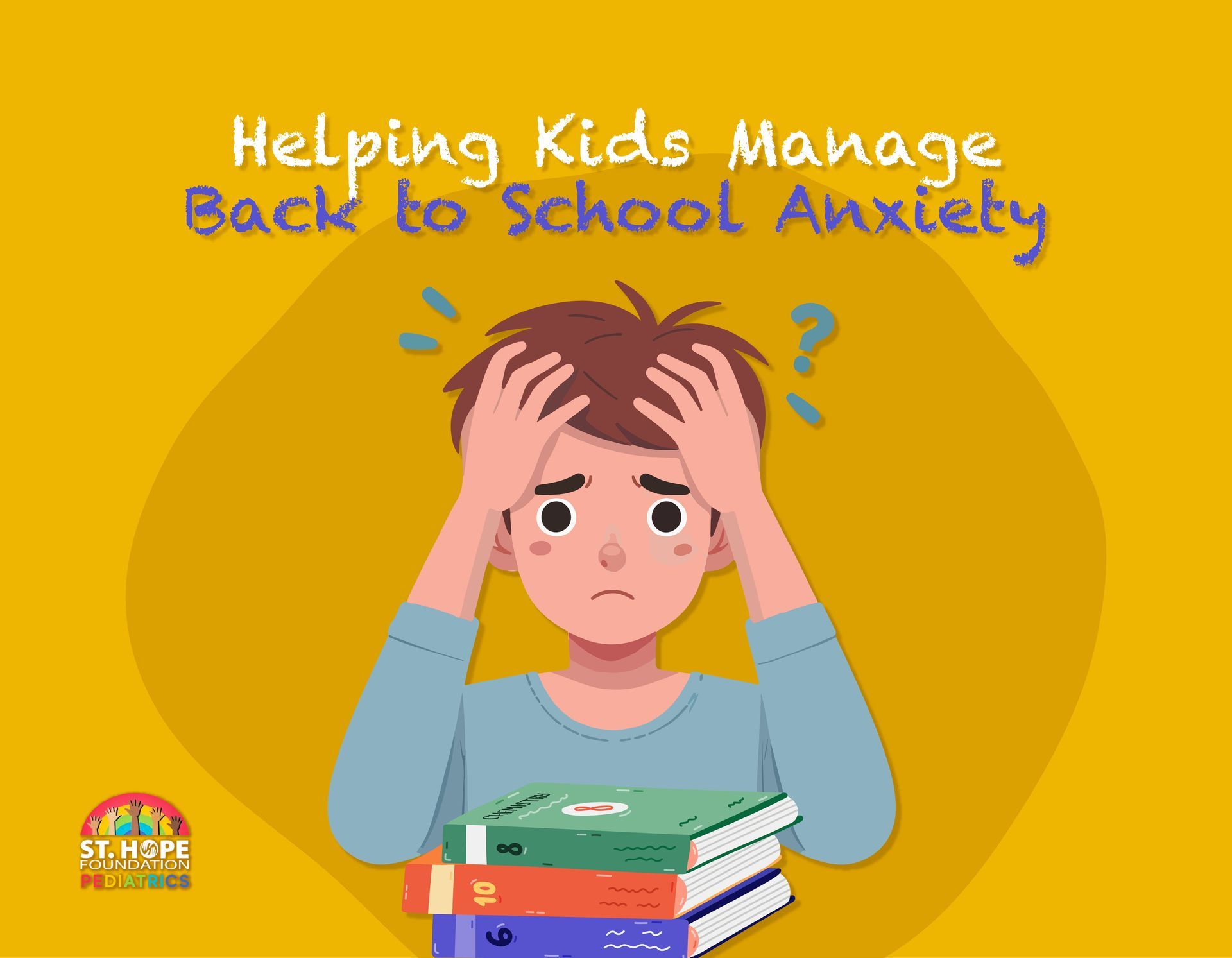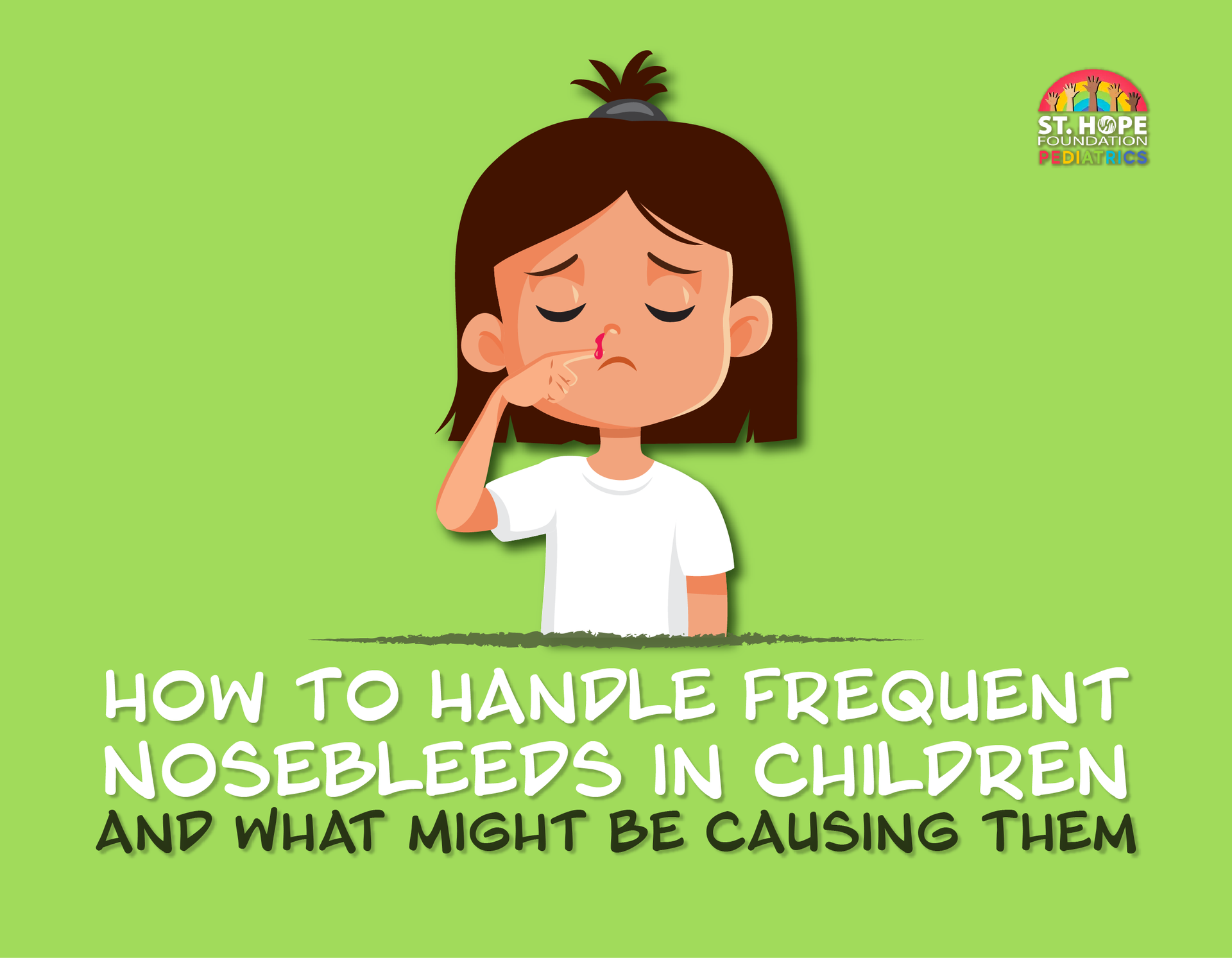
Starting school is a big step in your child's life, marking the beginning of their formal education journey. Helping your child prepare both academically and emotionally can give them confidence and allow them to focus more on the excitement of making new friends and discovering new things.
The right set of skills will help them thrive in the classroom, build relationships and enjoy learning.
Language and Communication Skills
Strong language and communication skills are foundational for learning. Your child will need to express their thoughts, understand directions and engage in conversations with peers and teachers. Early literacy skills, such as recognizing letters and sounds, can make the transition to school less stressful and set them up for success.
How to Support Language Development
- Read together daily: Reading exposes your child to new vocabulary, improves comprehension and sparks curiosity. Make reading interactive by asking questions like, "What do you think happens next?"
- Encourage conversation:
Ask open-ended questions to help your child articulate their thoughts. For example, after a playdate, ask, "What did you enjoy most?"
- Use storytelling: Invite your child to narrate their day or invent a story. This helps develop their narrative skills and boosts creativity.
Social and Emotional Skills
School is not just about academics—it’s also about learning to interact with others. Children should be able to share, take turns, resolve conflicts and manage their emotions. Emotional intelligence, such as recognizing and naming feelings, will help them navigate social situations.
Provide opportunities for your child to interact with other kids through playdates or group activities to support their social and emotional development. Encourage them to express their emotions and help them name their feelings—whether they’re feeling happy, sad or frustrated. Teaching empathy is also important: ask questions like, "How do you think your friend feels?"
This promotes understanding and cooperation.
Fine and Gross Motor Skills
Fine motor skills (small movements) and gross motor skills (larger body movements) are both critical for school readiness. Children use fine motor skills to hold pencils, cut with scissors and manage small objects. They use gross motor for physical activities like running, jumping and balancing.
You can support fine motor skill development by engaging your child in activities like drawing, coloring and building with blocks. These tasks strengthen hand-eye coordination and prepare them for writing and using tools like scissors. For gross motor skills, encourage physical play such as climbing, kicking a ball or riding a bike. Trips to the playground offer great opportunities to build balance and coordination.
Problem-Solving and Critical Thinking Skills
Problem-solving and critical thinking are important for success in school. Children will encounter challenges that require them to think creatively and find solutions. These skills also help them build resilience and promote the cognitive development they need to work through difficulties without becoming discouraged.
To foster these skills, offer opportunities for open-ended play, such as building blocks, puzzles or games that require strategy.
Let your child experiment and figure out how to solve problems on their own, providing gentle guidance when necessary. For example, if they're struggling to complete a puzzle, ask, "What piece might fit here?" rather than giving them the answer outright.
Basic Academic Skills
Although schools don’t expect children to know how to read and write upon entry, having some familiarity with letters, numbers, shapes and colors is beneficial. These basic academic concepts give them a head start and make the transition into learning environments smoother.
To support academic readiness:
- Introduce letters and numbers through play. Use alphabet puzzles, flashcards or even fridge magnets to teach your child how to recognize and name letters and numbers.
- Play games that involve shapes and colors. Ask your child to sort items by color or shape or point them out during everyday activities like going for a walk or at the grocery store.
Self-Help and Independence Skills
Independence is an important skill for children starting school. They should be able to handle simple tasks like dressing themselves, using the bathroom independently and managing their belongings. These self-help skills not only make daily school life easier but also build confidence and responsibility.
Support your child's independence by giving them small responsibilities at home. Encourage them to dress themselves in the morning, even if it takes longer than usual. Let them pack their own backpack or help set the table for meals. Gradually, they will gain confidence in handling tasks on their own, which will make the school environment less intimidating.
Support Your Child’s Learning With Our Caring and Professional Staff
At St. Hope Pediatrics, our team is here to support your child’s development every step of the way. If you have any concerns or need guidance on preparing your child for school, contact us through our website or give us a call at (713) 778-1300.













